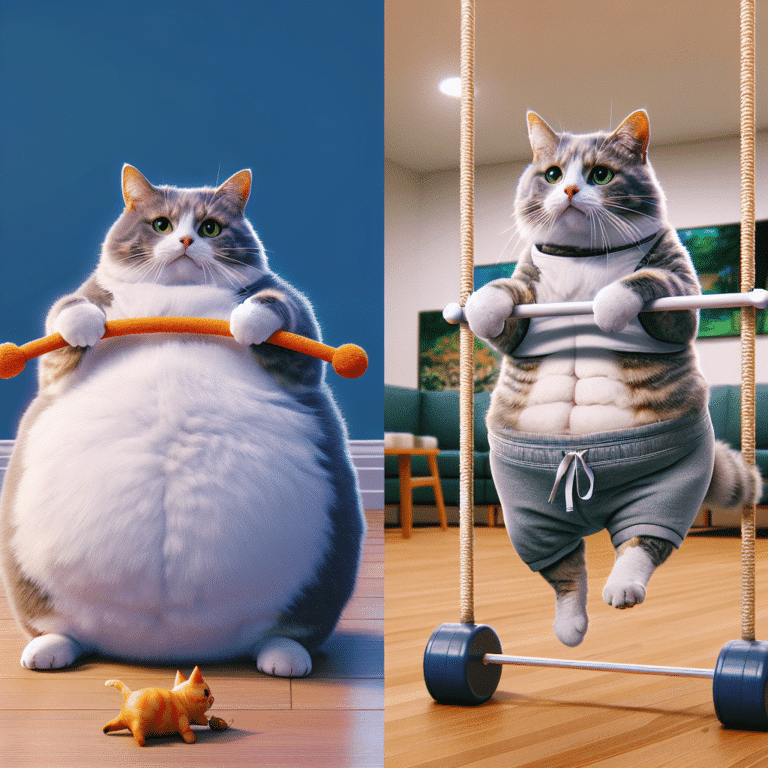Study suggests pet cats could be valuable models for understanding obesity in humans, highlighting the role of gut microbes in weight management.
- Pet cats can be valuable animal models for studying the origins and treatment of obesity in humans based on a study of feline gut microbes.
- Fecal samples from obese cats undergoing weight loss through dietary changes showed similarities in gut microbiome alterations seen in humans, suggesting that cats could aid in understanding gut microbe-based therapies for obesity.
- Research found that a short-chain fatty acid called propionic acid, which can regulate appetite and reduce fat accumulation, increased in obese cats’ feces during calorie-restricted weight loss diets, along with the presence of bacterium Prevotella 9 copri.
- The study indicated that altering the microbial ecosystem in obese cats through calorie restriction may lead to metabolic changes, highlighting the potential role of gut microbiome in obesity in both cats and humans.
- The findings suggest that the gut profile of pet cats could offer valuable insights into combating obesity in humans through microbiome-directed therapeutics.
Source link
Obesity in humans, Fat cats, Diet, Veterinary Medicine, Internal Medicine


